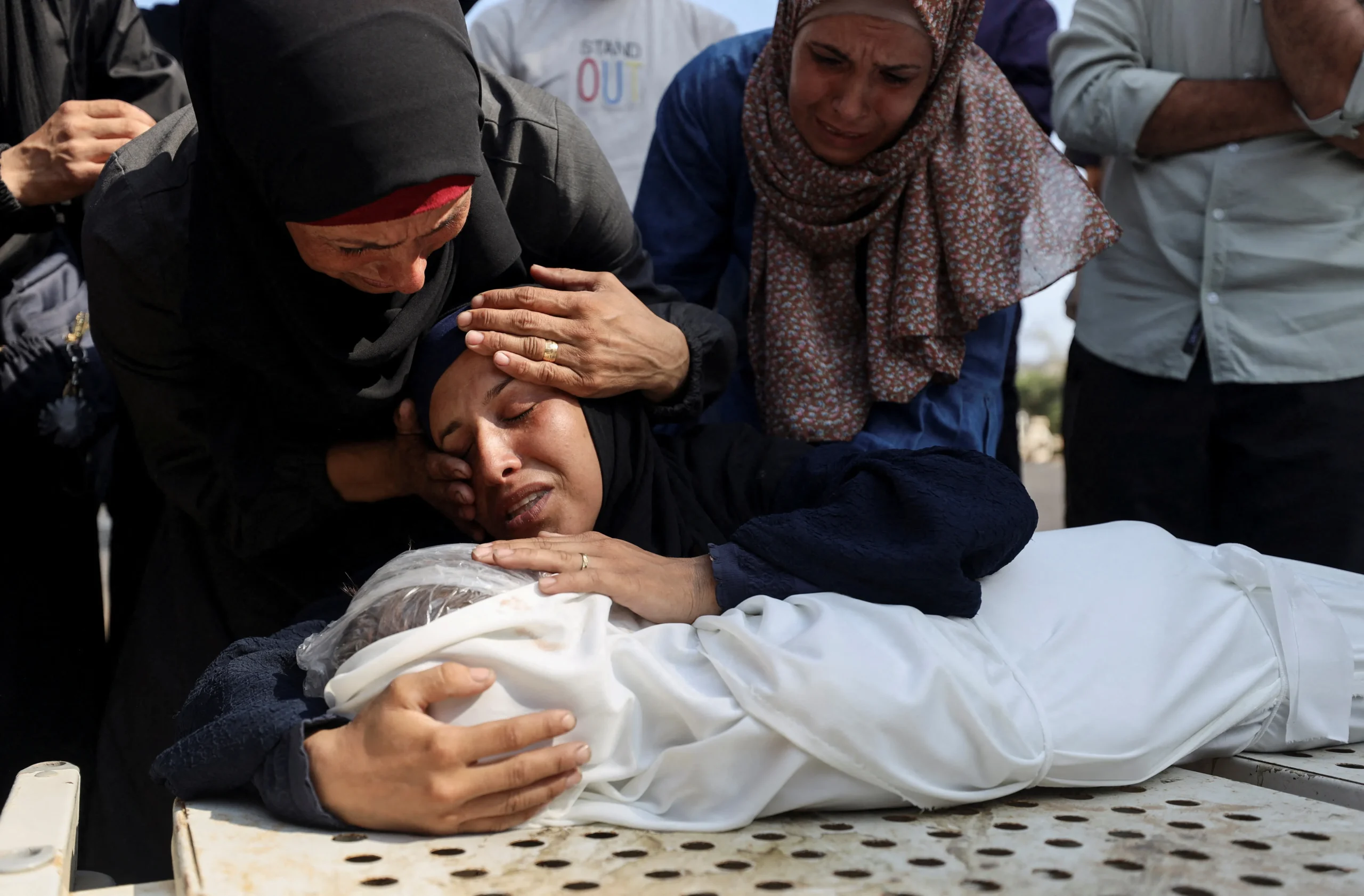
The European Union has issued warnings to Israel regarding deteriorating conditions in Gaza, where Palestinian deaths from starvation have reached at least 101. This development coincides with renewed diplomatic efforts as President Trump’s special envoy prepares for European ceasefire discussions.
EU foreign policy chief Kaja Kallas stated Tuesday that “all options remain on the table if Israel doesn’t deliver on its pledges” to increase humanitarian aid to Gaza. She condemned Israel’s killing of civilians seeking aid as “indefensible” and reported speaking with Israeli Foreign Minister Gideon Saar about aid flow concerns, emphasizing that Israeli military forces “must stop killing people at distribution points.”
Following recent EU meetings reviewing relations with Israel amid criticism of its Gaza operations, Kallas indicated Israel had committed to improving humanitarian conditions. These commitments included increasing aid trucks, crossing points, and distribution routes. However, aid officials report no actual increase in humanitarian assistance flow despite these agreements.
Meanwhile, Trump’s envoy Steve Witkoff is traveling to Europe for truce discussions and finalizing a Gaza aid “corridor,” with potential Middle East visits following. Reports indicate Witkoff will meet Israeli Strategic Affairs Minister Ron Dermer and a senior Qatari envoy in Rome on Thursday. If progress occurs, he may travel to Doha later in the week to secure an agreement.
State Department spokesperson Tammy Bruce expressed “strong hope” for achieving “another ceasefire as well as a humanitarian corridor for aid to flow,” though she declined to provide corridor details, noting the “constantly changing dynamic” of negotiations.
Israel restricted all goods entering Gaza in March but permitted limited aid starting in May, primarily through the US-backed Gaza Humanitarian Foundation, bypassing UN operations. The GHF operates four distribution points in southern and central Gaza. According to UN data, Israeli forces have killed over 1,000 Palestinians seeking food aid since GHF operations began in late May, with most victims killed at or near GHF sites.
Starvation deaths continue rising, with health authorities reporting 101 fatalities since the war began, including 80 children. Most deaths occurred recently, with Tuesday alone recording 15 deaths, including four children. Israel denies responsibility for food shortages, while GHF has rejected UN statistics about killings at aid sites as “false and exaggerated.”
Ceasefire negotiations between the US, Qatar, and Egypt have continued for months without breakthrough. Current discussions involve a proposed 60-day truce where Hamas would release Israeli captives while Israel releases Palestinian prisoners and increases humanitarian aid. During this period, both sides would negotiate permanent war termination.
Despite minor progress, Israel and Hamas remain divided over the extent of Israeli troop withdrawal following any ceasefire. Qatar has called for increased international pressure on Israel, with Foreign Ministry official Majed al-Ansari stating that “the Israeli government does not view Palestinians as human beings.” He criticized Israel’s actions across Gaza, Lebanon, Syria, Yemen, and Iran as endangering Middle Eastern security.
Al-Ansari expressed cautious optimism while noting unchanged parameters: “If there is no change in the Israeli directive not to have a deal and sabotage any talks, if there is no serious pressure from the international community, particularly the United States, the parameters of the talks will not change.” He indicated Qatar is leveraging momentum from Iran-Israel ceasefire mediation to advance Gaza negotiations, hoping to “end this terrible chapter in the history of our region.”












Be the first to leave a comment